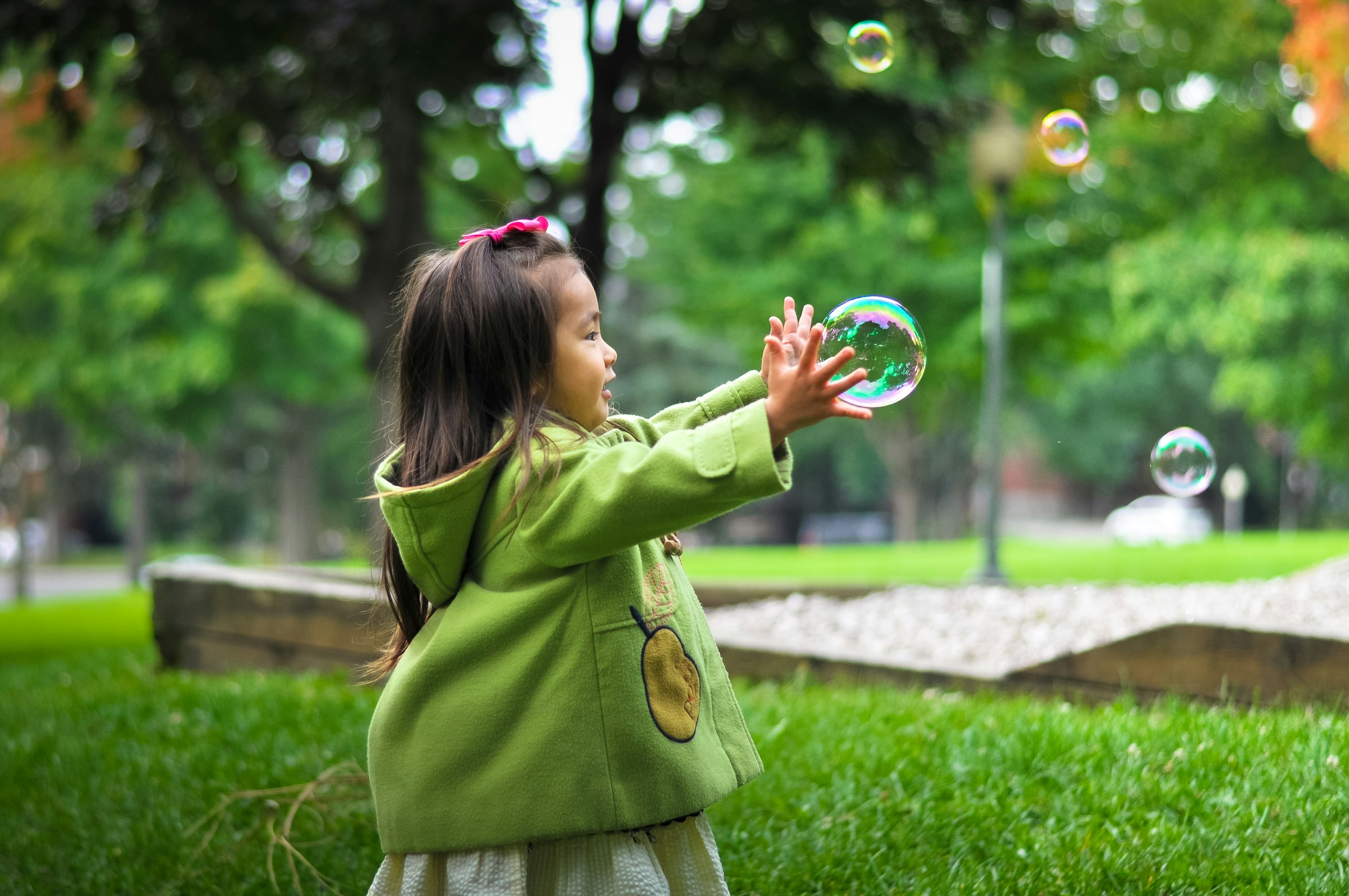
As parents we will experience many situations when we shout or are tempted to shout at our children. Equally there will be many situations when our children will shout at us. Shouting and yelling at each other is a bad and very ineffective communication form.
Shouting is an emotional expression of stress and frustration. It is immediate and it happens without thinking and reflection. Shouting at each other can also easily escalate into a negative cycle that leaves all parties feeling angry and misunderstood.
What do children learn from shouting parents? Firstly, they learn that parents can lose control of the situation when pressing the right buttons. If shouting is a communication style you often use, your children will quickly figure out how to trigger it.
They also learn that using aggression in expression is a means to overpower the other party. They learn that yelling is a way to get your way.
So what can you do to avoid shouting at your child? After a shouting incident with your child try to reflect why it happened and how much this was up to your own feelings and mood. Often parents and their past have also a role in a shouting match with their children.
Practice mindfulness to find an overall calmer mindset. Use breathing meditation, gratefulness, empathy and kindness to become more grounded and better equipped to handle conflict situations with your child with calm and balance.
Be prepared to apologise to your child when you have lapsed into shouting or yelling. Make clear that his was a mistake and that you do not appreciate shouting as a communication style.
And finally it is up to you as adult to set a positive example. If you stop using shouting and screaming as communication mode your child will likely follow your example, sooner or later. After all, you are the role model for your child.
Related articles
Explore our wide range of expert-led articles, guides and tips on parental mental wellbeing.


